US Senators Sheldon Whitehouse and John Fetterman have introduced the Clean Cloud Act of 2025, a new bill aiming to curb carbon emissions from high-energy users like Bitcoin mining operations and AI data centers. With electricity consumption from these sectors surging, the legislation grants the Environmental Protection Agency (EPA) power to impose annual carbon performance standards on facilities exceeding 100 kilowatts of IT capacity. Emissions limits will decline 11% annually under the plan.
Firms surpassing their carbon caps must pay a fee starting at $20 per ton of CO₂ equivalent, increasing yearly with inflation and an added $10 per ton. Indirect emissions from grid usage will also be accounted for, tightening compliance requirements.
Lawmakers say the explosive growth of crypto mining and artificial intelligence is straining the U.S. power grid and driving up consumer energy prices. Data centers already use 4% of all U.S. electricity and could hit 12% by 2028. In some areas, utilities have even restarted old coal plants to meet demand.
Senator Whitehouse emphasized that this bill is designed to push tech and crypto firms toward investing in renewable energy, enabling the U.S. to achieve net-zero grid emissions within the next decade. Twenty-five percent of revenue from emissions penalties will go toward lowering energy costs for low-income households, while the remainder will support clean power and energy storage initiatives.
Despite the concerns, the crypto industry is shifting toward sustainability. A MiCA Crypto Alliance report shows that renewable energy powered 41% of Bitcoin mining by the end of 2024, up from just 20% in 2011. The figure is expected to exceed 70% by 2030, driven by policy changes, environmental pressure, and cost-effective renewable adoption.






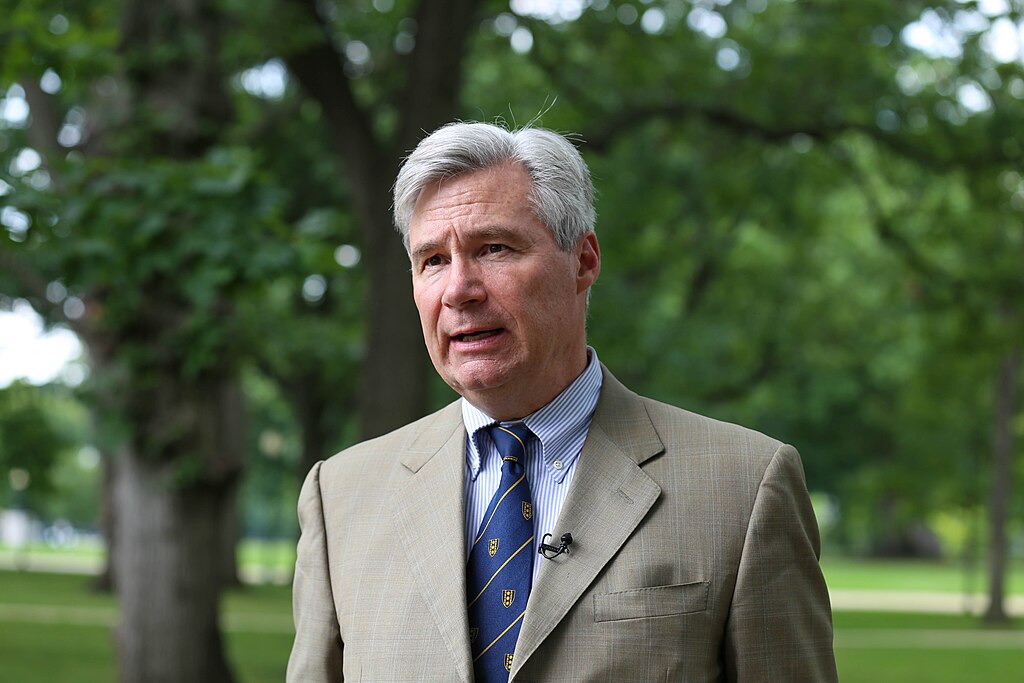
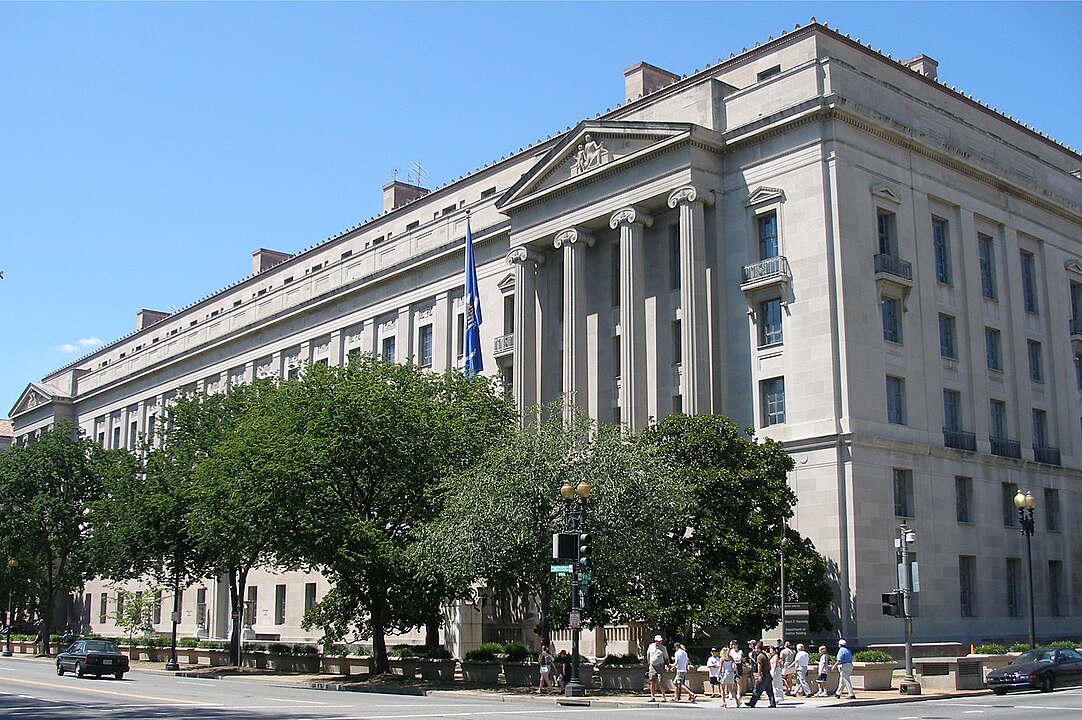

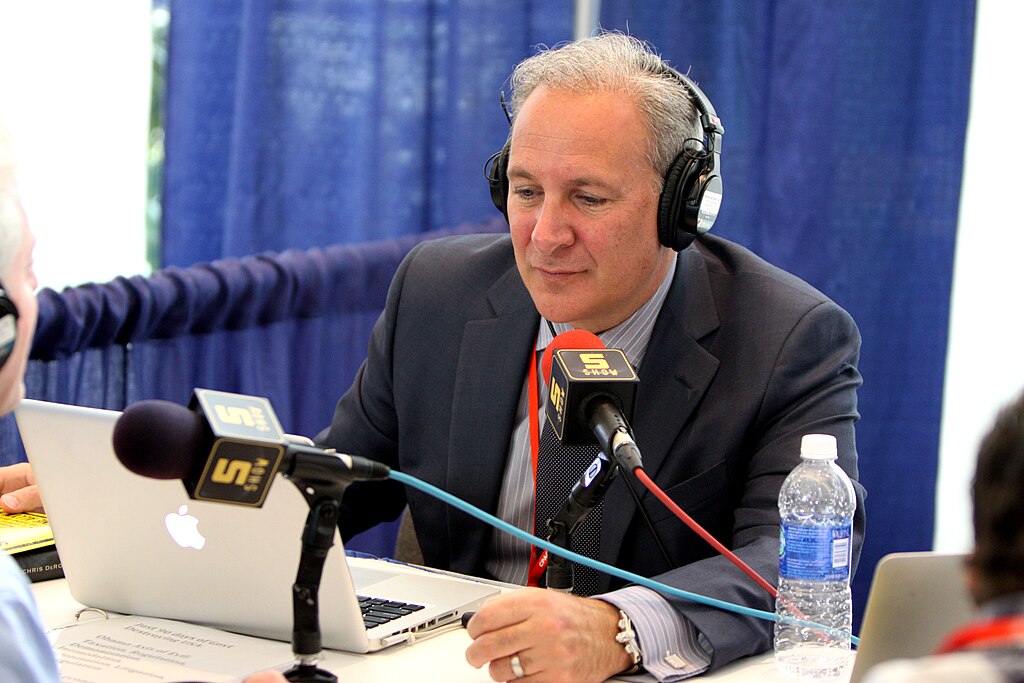





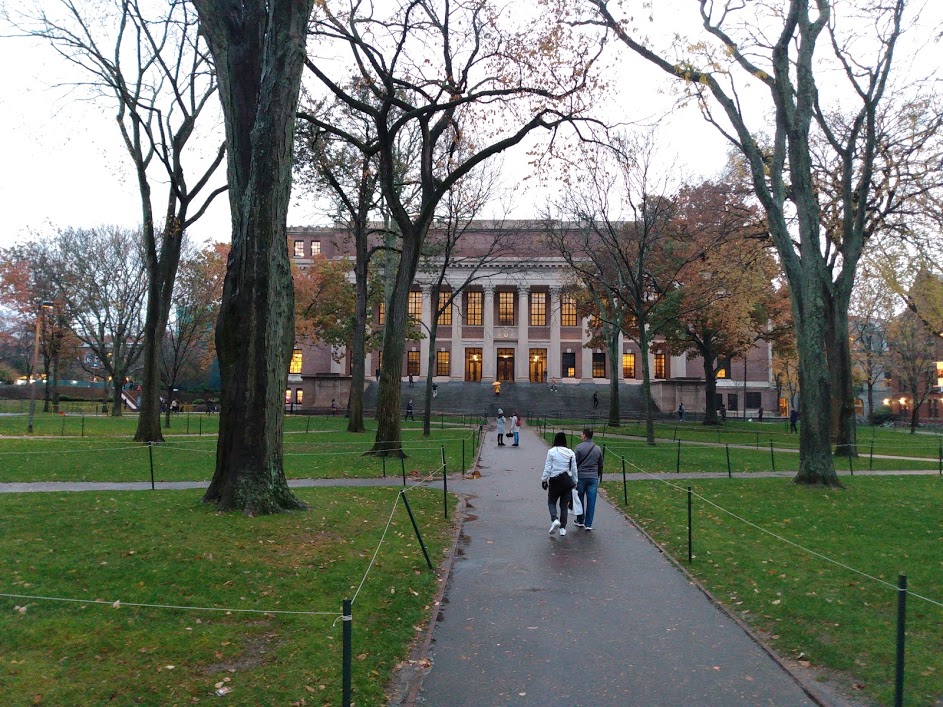
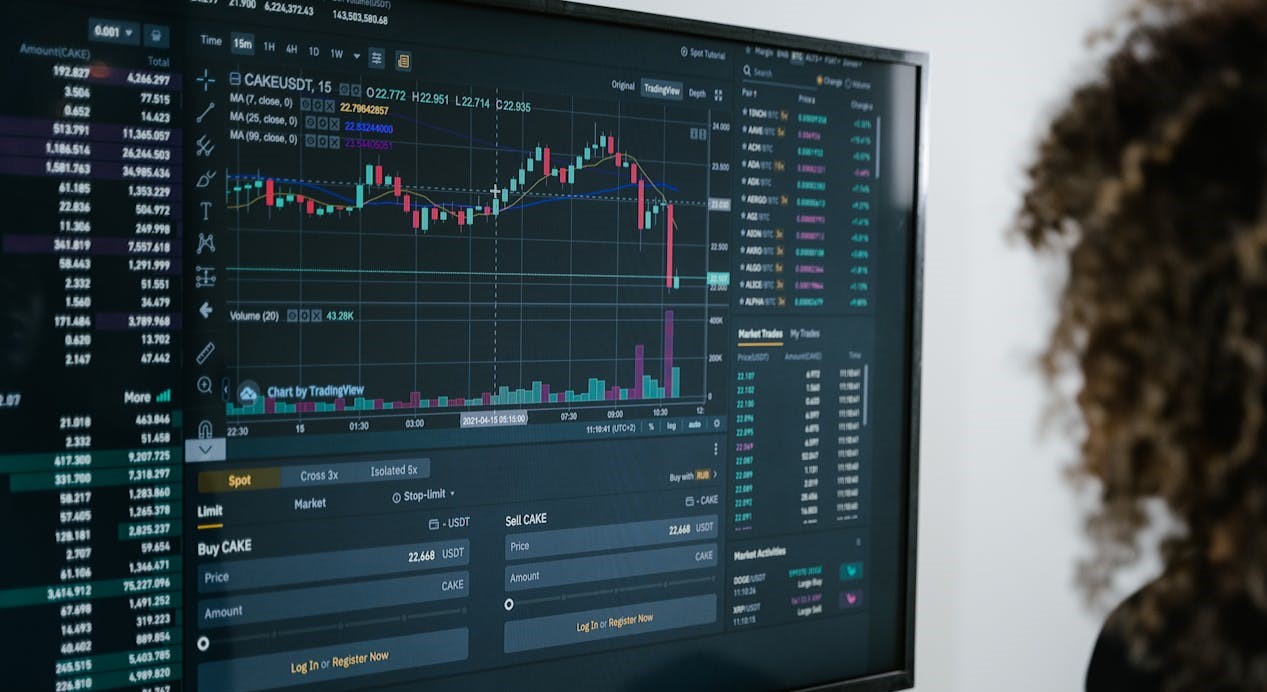

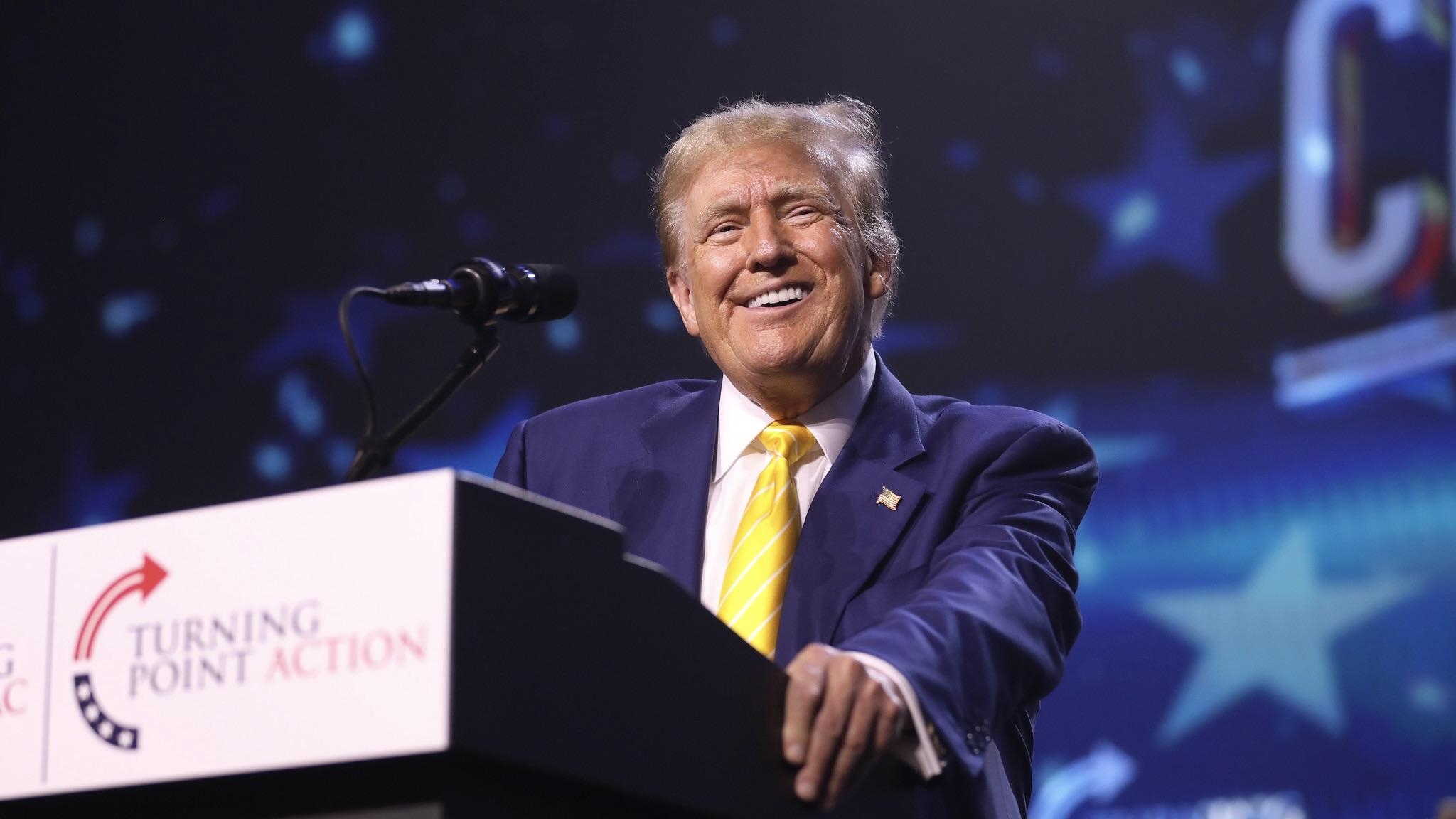

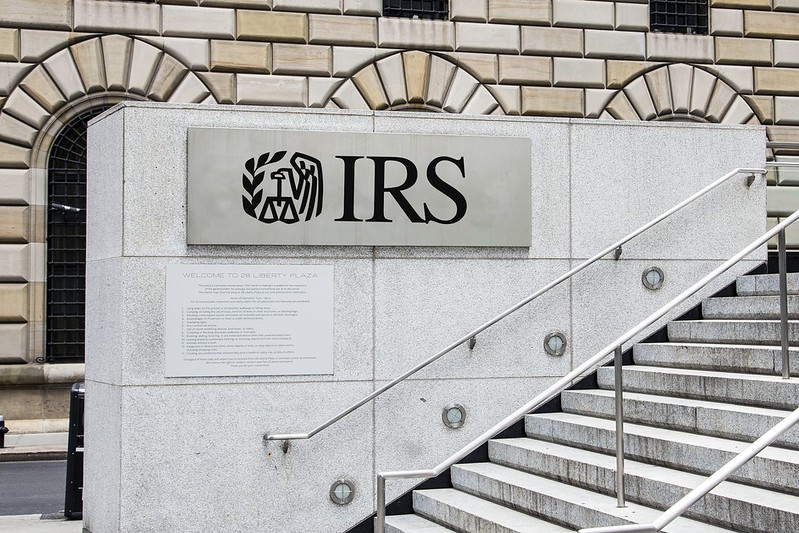
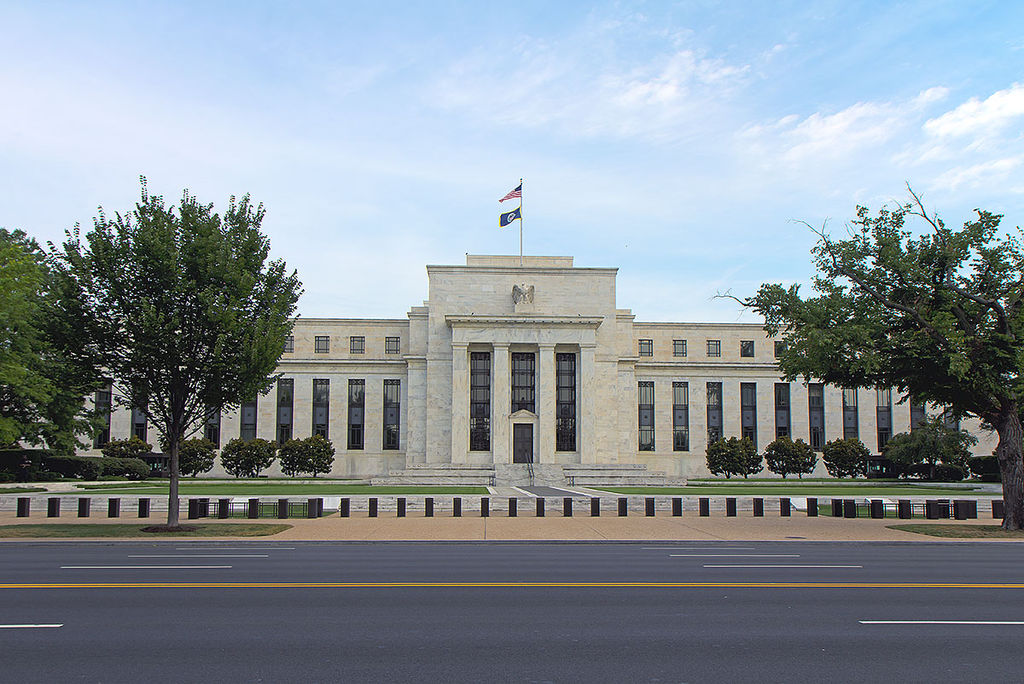
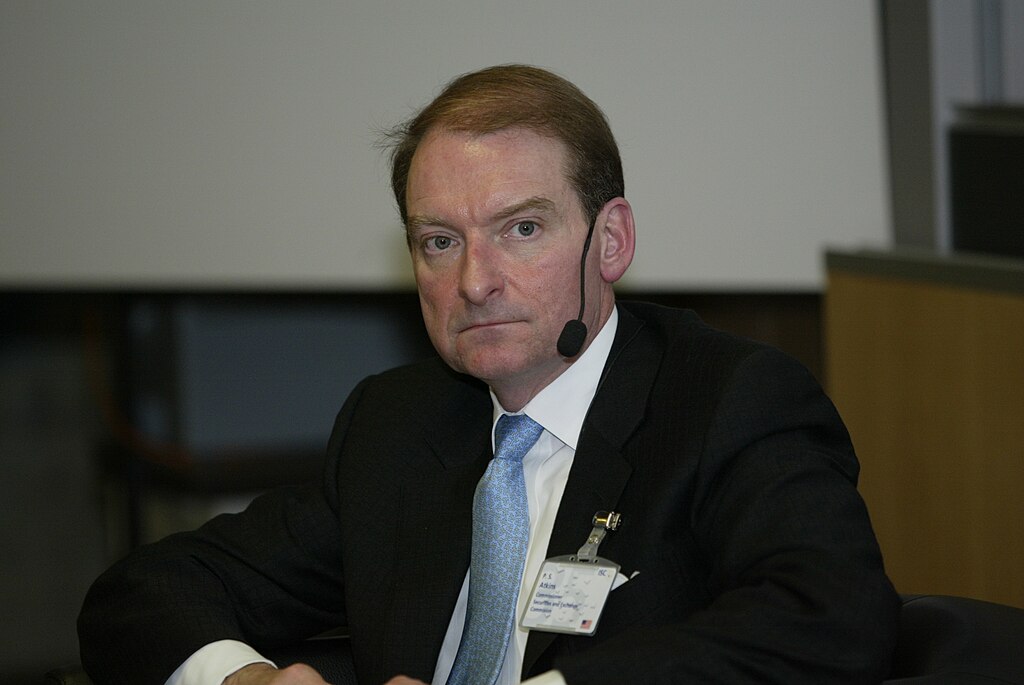





Comment 0